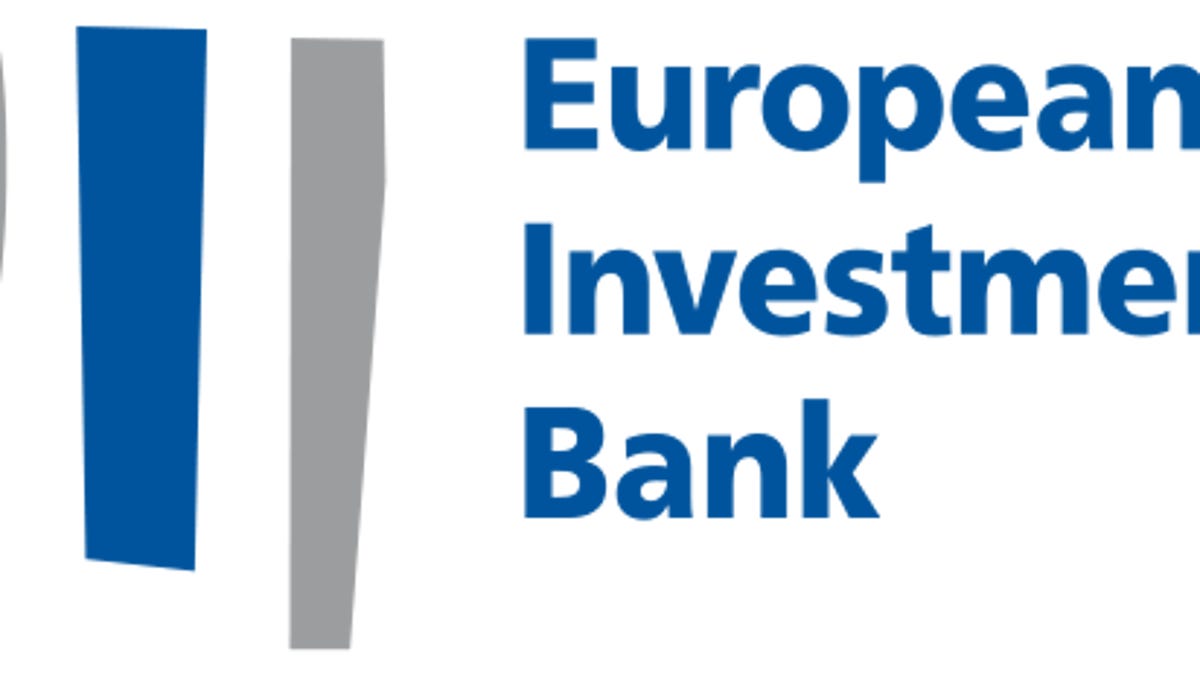EU bank grants $1.2 billion in loans for clean cars
The European Investment Bank's new loans for European automakers are specifically directed to "help design and build cleaner cars with lower carbon dioxide emissions."

The European Investment Bank, backed by European Union member states, approved 866 million euros ($1.2 billion) more in loan money to the auto industry on Tuesday.
The loans are specifically directed to "help design and build cleaner cars with lower carbon dioxide emissions," according to an EIB statement.
The package includes 400 million euros ($531 million) to Nissan's European division for the purpose of developing and building more fuel-efficient vehicles in Britain and Spain. Jaguar Land Rover was approved for a loan of 340 million pounds ($499 million) from the EIB to "to help cut vehicle emissions."
"A loan was also approved for a Volkswagen plant in India, which will produce small cars that meet tougher emissions requirements ahead of their introduction in major Indian cities from 2010," according to the EIB.
In December, the European public bank approved of 3.6 billion euros ($4.76 billion) in loans to European truck and car manufacturers. In March, the bank also approved loans to BMW, Renault, and Volvo Trucks.
The EIB on Tuesday said it plans to approve more loans in May and June to other types of companies involved in the auto industry, such as component suppliers.
It's worth noting that Jaguar Land Rover, a subsidiary of Tata Motors, was given a grant worth 27 million pounds--more than $37 million--from the British government in March to mass-produce a "green" crossover vehicle.

